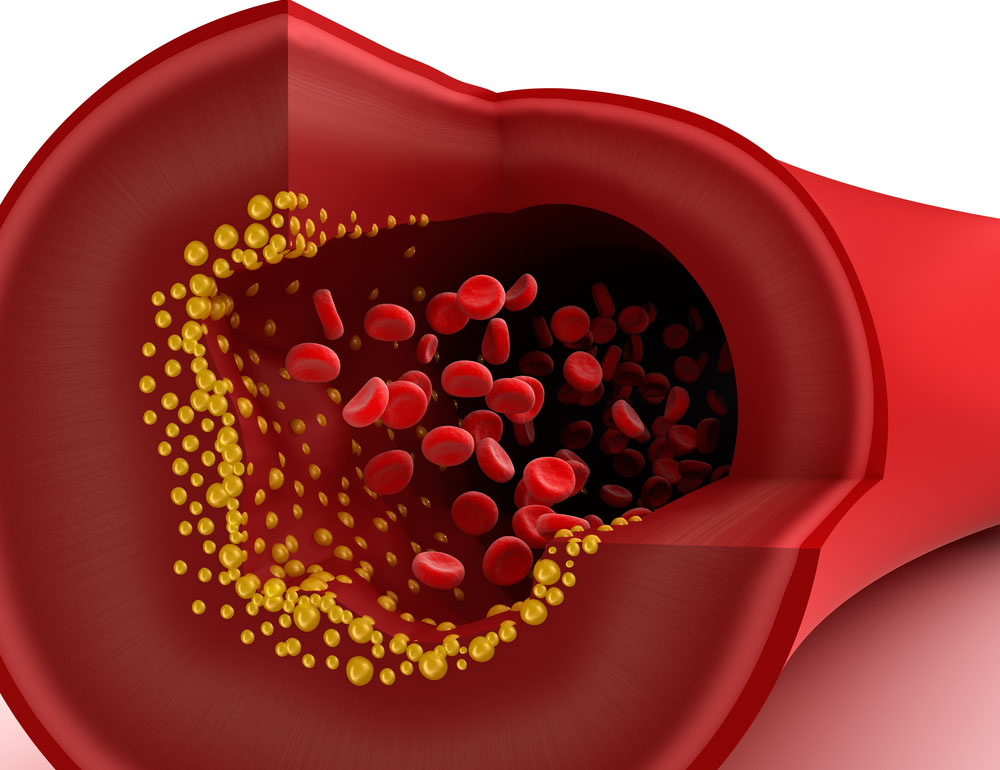HDL Cholesterol: “The Good Cholesterol” but no heart protector?
In contrast to LDL cholesterol, HDL cholesterol is considered to be cardioprotective. But a new gene study about its cardioprotective effects causes doubt.
Cholesterol are lipids intended to transported to different parts of the body to be able to bind certain proteins. These compounds are called lipoproteins of lipids and proteins. Low-density lipoprotein (LDL) transports cholesterol in to the tissues where it is needed as a building block of membranes, but also deposit in the vessel walls and can promote atherosclerosis. Therefore, a high LDL level is a risk factor for cardiovascular disease. High-density lipoprotein (HDL) refers to excess cholesterol from the body cells and brings it to the liver. Therefore, it is considered to be cardioprotective.
That the reduction of the so-called “bad” LDL cholesterol can actually reduce the rate of myocardial infarction. This has been proven by numerous epidemiological studies and confirmed by the statins, which could decrease with the reduction of LDL cholesterol, the number of cardiovascular events. Attempts with the targeted increase of HDL cholesterol by drugs also reduce the rate of myocardial infarction, however, have failed so far. A study published in the journal Lancet study by a research group led by Dr. Sekar Kathiresan from Massachusetts General Hospital in Boston now provides even the whole theory into question.
Drugs that raise HDL, do not protect against heart attack.
In the study, Dr. Kathiresan and her colleagues, whether certain genes that raise HDL and go hand in hand with a lower number of heart attacks. Approximately 2.6 percent of the population are carriers of such gene variant. According to a theoretical model, would have higher HDL levels in humans, this population reduce the risk of heart attack by 13 percent. However, the data from 20 studies involving more than 100,000 participants were unable to confirm this theory. The carriers of the gene suffer neither rare nor than other people having a heart attack.
For the study’s authors, this is a proof, that the increase of HDL cholesterol alone has no cardioprotective effect. Although epidemiological studies have shown an association between HDL cholesterol and heart protection, but obviously the causal relationships are more complex than previously was thought. The results of the study are dampen the hope of being able to be optimized with innovative drugs, that raise HDL levels, and protect against cardiovascular disease.